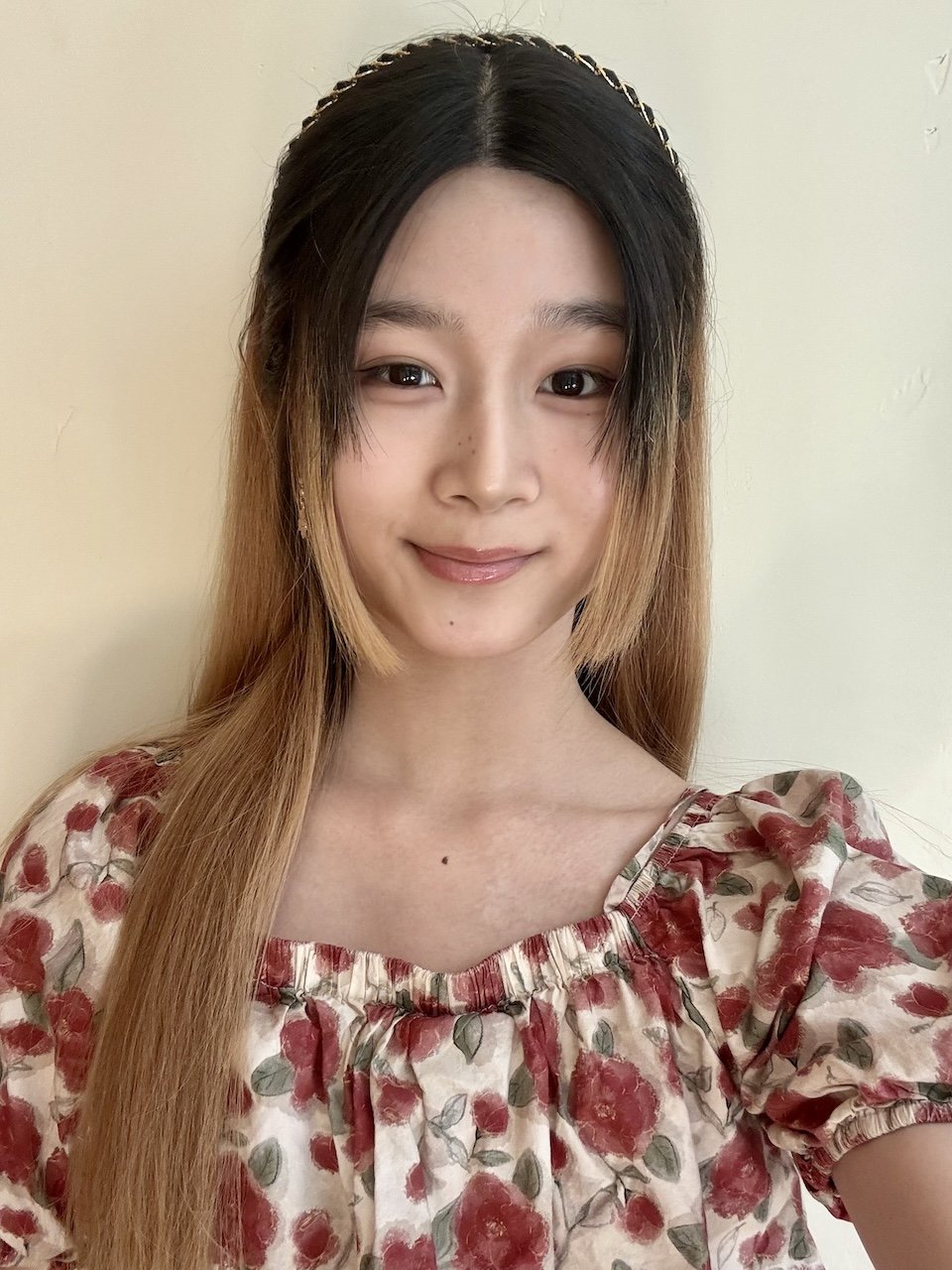Where Talent Comes From
The role of practice, motivation, and environment in building talent
by Christine Shin
At New Mozart, we often hear things like, “She’s so talented!” or “He must have been born with a gift.” While it's true that some students take to music more quickly than others, bestselling author Daniel Coyle offers a surprising - and encouraging - perspective in his book The Talent Code: talent isn’t a gift you’re born with. It’s a skill you build.
And the best part? Science shows us how.
Practice Doesn't Just Make Perfect – It Builds Brainpower
Coyle traveled around the world visiting “talent hotbeds” - tiny schools, rundown gyms, and modest music studios that consistently produce world-class performers. What he found wasn’t magic or miracle genes. He found something called deep practice.
Deep practice is the opposite of going through the motions. It means slowing down, working on the hard parts, making mistakes, and correcting them with full focus. In other words, it’s that uncomfortable zone just beyond your current ability - where real growth happens.
The Secret Ingredient? Myelin
Every time we practice something deeply, we fire certain neural circuits in our brain. Over time, those circuits get wrapped in a substance called myelin - a kind of insulation that makes those pathways faster and stronger. Myelin is what turns slow, clumsy effort into smooth, expert skill.
So when your child practices a tricky piano passage or works to master a new rhythm, they’re not just “getting better.” They’re literally rewiring their brain.
Talent is Fueled by Passion
But skill-building isn’t just about hard work: it’s also about ignition. No one keeps practicing just because they’re told to. Coyle describes ignition as the spark that makes someone fall in love with the work of getting better. Sometimes it’s a moment of inspiration (like seeing someone just like you achieve something amazing). Sometimes it’s a teacher who believes in you. That spark is what keeps students coming back to the piano bench, the practice room, or the music stand, even when it’s hard.
The Power of a Master Coach
Coyle emphasizes the importance of a master coach: the kind of teacher or mentor who doesn’t just give instructions, but truly understands how to guide students through deep, lasting growth.
Master coaches are able to break down complex skills into small, manageable steps. They pay close attention to details, offer clear and immediate feedback, and know how to challenge students without overwhelming them. Their approach is not about quick results, but about building strong foundations over time.
In our work at New Mozart, we’ve seen how much a thoughtful, engaged teacher can change the course of a student’s learning. They encourage deliberate effort, celebrate progress, and help students stay motivated even through setbacks. Their presence often becomes a turning point in a student’s journey.
Great teaching isn’t just about content. It’s about knowing when to push, when to step back, and how to bring out the best in each individual.
Great Learning Environments Make All the Difference
Coyle also highlights the importance of what he calls talent hotbeds: environments where deep practice, passion, and expert guidance come together. These places aren’t always fancy. What they have in common is a culture that celebrates effort, focuses on fundamentals, and gives students the space to stretch, fail, and grow.
It’s a great reminder that environment matters and why we’re so intentional at New Mozart about nurturing a community where practice is celebrated, passion is sparked, and every student feels supported on their musical journey.
What This Means for Parents
The message of The Talent Code is both simple and profound: talent is not fixed. With the right kind of practice, encouragement, and environment, any child can develop extraordinary ability over time.
When you hear a student play with confidence or expression, it’s not just a reflection of innate talent; it’s a reflection of the work behind the scenes - the small, steady steps that built that musicality over time.
Greatness doesn’t appear overnight. It’s something that’s shaped, practiced, and earned - one lesson at a time.


